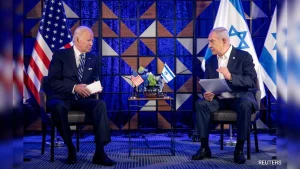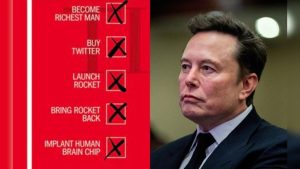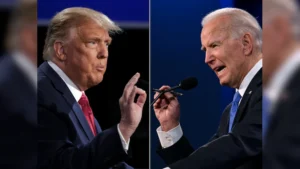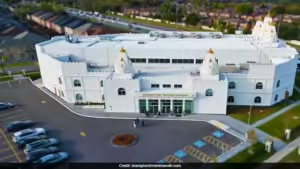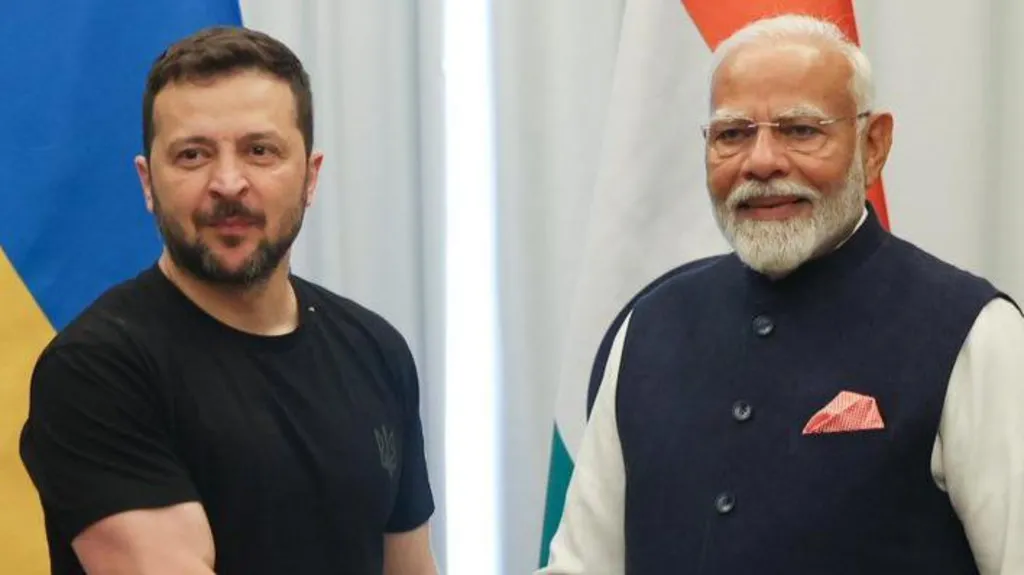
In the intricate dance of global diplomacy, India continues to maintain its non-aligned stance, navigating the complexities of international relations with a strategic balance. The recent Modi Kyiv Visit exemplifies this delicate balancing act, especially coming just weeks after Prime Minister Narendra Modi’s meeting with Russian President Vladimir Putin in Moscow.
India’s Balancing Act
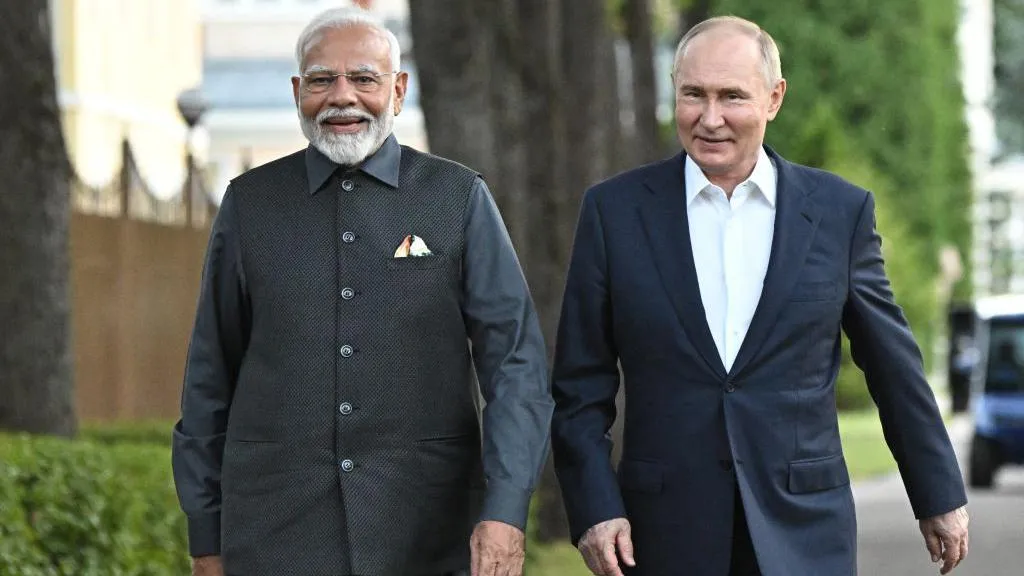
Prime Minister Modi’s visit to Kyiv, the first by an Indian PM, is a clear signal to the world: while India cherishes its long-standing relationship with Russia, it is equally committed to fostering strong ties with Ukraine and the West. The visit comes at a time when India’s position on the ongoing conflict between Russia and Ukraine has drawn global scrutiny.
India’s policy of non-alignment has served it well over the decades, allowing it to maintain relationships with diverse global powers without being drawn into alliances or conflicts. This strategy is evident in Modi’s Kyiv visit, where the focus is on advancing Indian interests, reasserting its friendship with Kyiv, and voicing concerns about the ongoing war.
The Significance of the Visit
The Modi Kyiv Visit is about more than just optics. It’s a move that underscores India’s strategic autonomy in global affairs. As Michael Kugelman, director of the South Asia Institute at the Wilson Centre in Washington, points out, India is not in the business of placating Western powers. Instead, this visit is meant to signal India’s willingness to engage with all sides while continuing to assert its independent foreign policy.
The timing of this visit also reflects the nuances of India’s diplomatic efforts. Despite criticism from Western capitals following Modi’s Moscow visit, India remains committed to its stand on the importance of respecting territorial integrity and sovereignty, consistently advocating for diplomacy and dialogue to resolve conflicts.
India’s Strategic Goals
Beyond the immediate focus on the war, the Modi Kyiv Visit also aligns with India’s broader strategic goals. India has been increasingly engaging with Europe, particularly Central and Eastern Europe, recognizing the region’s growing influence in global geopolitics. Modi’s visit to Poland, the first by an Indian Prime Minister in 45 years, further highlights this shift.
By strengthening ties with Central European nations, India is positioning itself to play a more significant role in the region’s future. This is part of a broader strategy to diversify India’s international partnerships, ensuring that it remains a key player on the global stage.
Conclusion
The Modi Kyiv Visit is a testament to India’s diplomatic finesse and strategic foresight. While the world watches India’s next moves, one thing is clear: India is committed to maintaining its non-aligned stance, balancing relationships with both Russia and the West, and pursuing its national interests with unwavering resolve.
Try LifeBahn’s ‘a lifetime of education in 52 weeks “ or
GREAT@ (Globally Relevant Education And Training} Academy, an education continuum, helping to make a better life for our families and our future generations.
Or share your thoughts and ideas in the LifeBahn blog.
Our path to Prosperity
Autobahn — Road for Automobiles.
LifeBahn —- Road for life. Built on the simple principle.
While competition is a good way to succeed for a FEW,
collaboration is a BETTER way to succeed for MANY.
Please participate and become part of the solution.
Thank you


